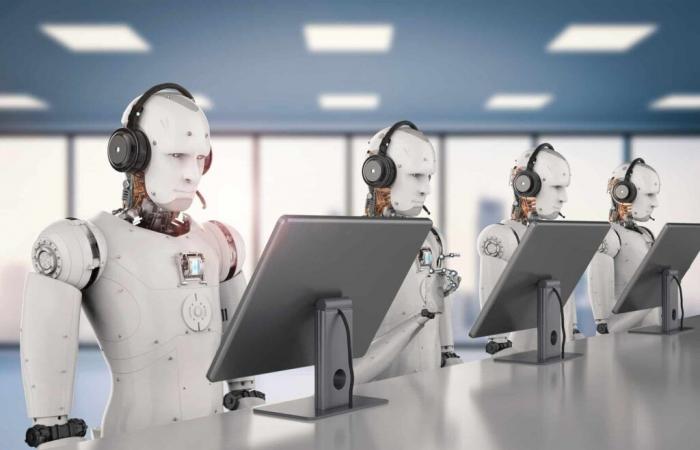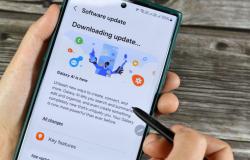A recent survey estimates that autonomous AI agents could overtake humans as the primary users of applications by 2030. These agents would soon become the primary users of companies’ internal digital systems, and their adoption by consumers would surpass that of applications by 2032. These predictions herald a major shift in how technology shapes the business ecosystem.
Last year, Microsoft introduced its first autonomous AI agents, new tools designed to be true multi-skilled virtual employees that can take on complex tasks, such as handling customer requests, scheduling meetings, writing a complete computer program, etc. Last week, OpenAI also announced the launch of its first AI agent later this month. Sam Altman, the company’s CEO, said these tools could enter the job market as early as this year.
According to global consulting firm Accenture, the imminent arrival of these tools in the entrepreneurial ecosystem heralds a major shift in the way we use and interact with technology – a phenomenon some experts call the “binary Big Bang.” According to Karthik Narain, CTO of Accenture, these new tools “push the boundaries of software and programming, multiply the digital production of companies and lay the foundations of cognitive digital brains that deeply integrate AI into the DNA of companies “.
Canada






